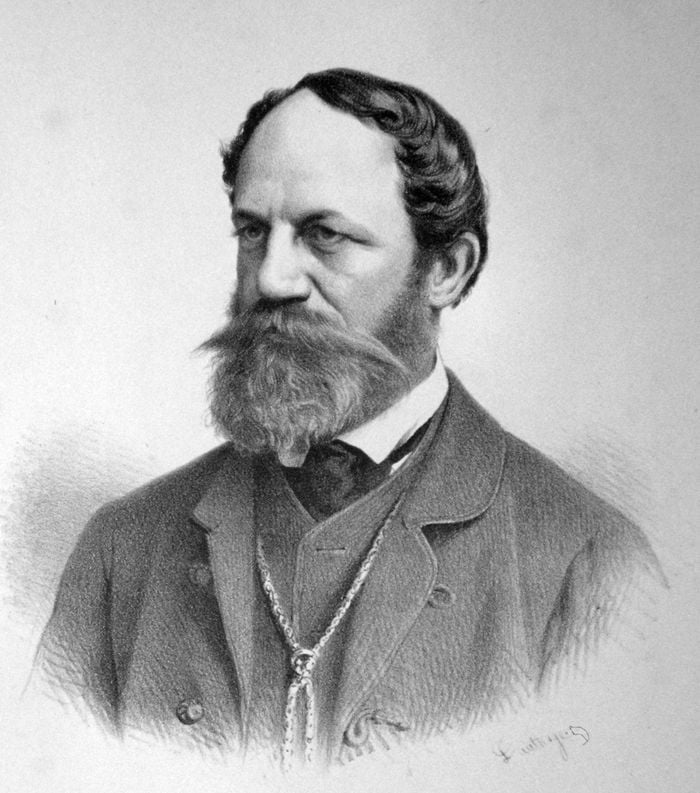The Molotov–Ribbentrop Discussions
In November 1940, the foreign ministers of the Soviet Union and Germany, Vyacheslav Molotov and Joachim von Ribbentrop, met in Berlin. Molotov hoped that Germany would support Soviet influence in Bulgaria. However, Germany refused, as it was already preparing for war against the Soviet Union. This refusal showed that Bulgaria would soon be caught in the middle of a larger conflict between the two great powers.
The Tripartite Pact and German Pressure
After the Berlin talks, Germany encouraged smaller countries in Central and Eastern Europe to join the Tripartite Pact, which was signed originally by Germany, Italy, and Japan. Joining the pact meant giving the German army the right to use national territories for military purposes. Romania, Hungary, and Slovakia all agreed quickly Sightseeing Turkey.
Bulgaria, however, tried to remain neutral. The situation became more dangerous when German troops entered neighboring Romania. At the same time, Turkey signed a pact with Britain, and this created a new threat for Bulgaria from the east. To reduce this danger, Bulgaria and Turkey negotiated a declaration of friendship. Still, the pressure from Germany continued. Finally, on March 1, 1941, Bulgaria joined the Tripartite Pact. On the very same day, German forces crossed into Bulgarian territory.
Bulgaria and the Balkan Campaign
Although Bulgaria avoided fighting directly, it allowed German troops to pass through its land. During Germany’s campaigns against Greece and Yugoslavia, Bulgaria gave passive cooperation. In return, Germany rewarded Bulgaria by restoring parts of Macedonia and Thrace, territories that had been taken away by Yugoslavia and Greece after World War I.
This territorial gain was popular inside Bulgaria, but it also tied the country more closely to Germany. At the same time, Bulgaria tried to avoid becoming deeply involved in the fighting. When Germany launched its massive invasion of the Soviet Union in June 1941, Bulgaria did not send soldiers to the Eastern Front. Still, Bulgarian territory was used as a military base for German operations against the Soviet Union.
Stalingrad and the Soviet Counterattack
At the end of January 1943, the German defeat at Stalingrad changed the entire course of the war. The Soviet Red Army launched a powerful counteroffensive to push German forces out of Russian territory. This offensive moved in several directions, one of which pointed southwest, toward the Danube River and the Balkans. The Soviet goal was clear: to eventually enter Bulgaria and then advance toward the Balkan Straits, a region of great strategic importance King Boris and the Central European Powers.
Bulgaria’s role in World War II was complex. On one hand, it tried to avoid sending troops into direct battles against the Soviet Union. On the other hand, by joining the Tripartite Pact and allowing German troops to use its territory, Bulgaria became deeply tied to the Axis Powers. This position would later have serious consequences when the Soviet army moved closer to the Balkans, threatening Bulgaria’s independence and future.








